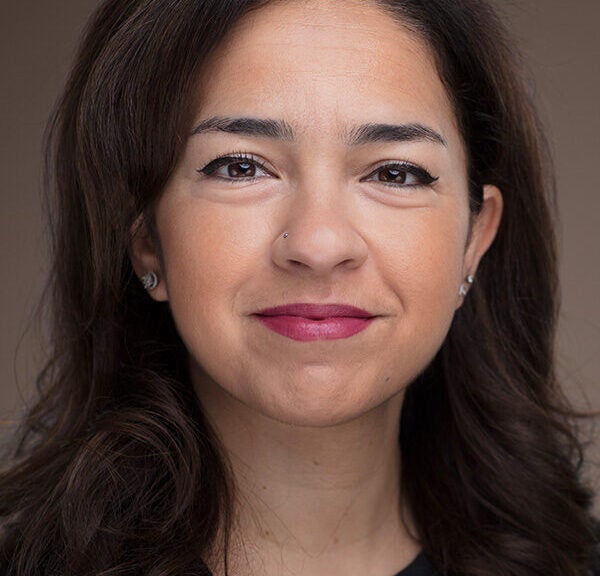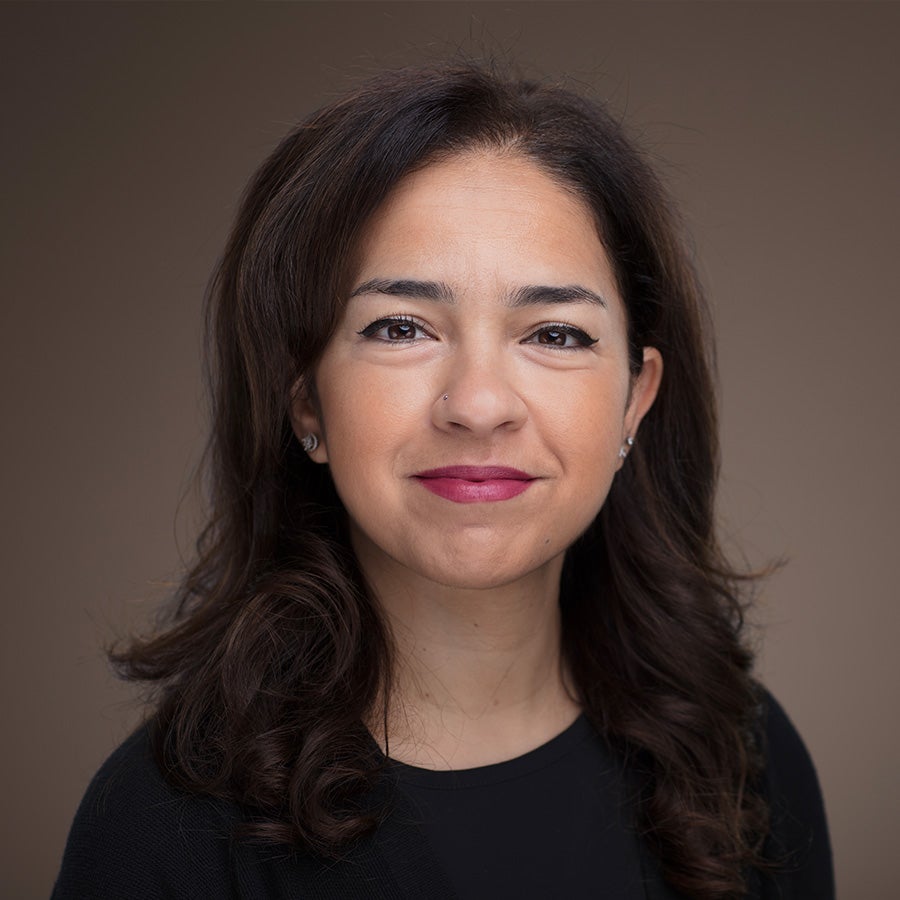Georgetown Contributes to Multiversity Discourse on the Global South

Led by Assistant Professor of International Law at GU-Q, Dr. Noha Aboueldahab, Georgetown University in Qatar (GU-Q) co-organized the conference “The Global South in an Era of Great Power Competition,” which took place on November 18-19, 2023. The conference represented a critical scholarly contribution, delving into the complexities of global power dynamics in the Global South within the context of changing geopolitical realities.
Organized by the Institute for Advanced Study in the Global South at Northwestern Qatar and Security in Context (SIC), with support from Carnegie Corporation of New York, the Arab Council for Social Sciences, and GU-Q, this conference examined the contours of the emerging world order in relationship to the politics of security and insecurity, militarism, and geopolitics. It also scrutinized how Northern and Southern media differ in their representation of security issues, and the effectiveness of multinational institutions in global governance, particularly in representing vulnerable populations in the Global South.
Leveraging the Multiversity for Knowledge Creation

Dr. Aboueldahab was a key member of the committee responsible for reviewing paper submissions. She expressed that the conference was an exceptional opportunity to further Qatar Foundation’s mission of fostering a multiversity environment.
“It is becoming increasingly clear how Qatar Foundation’s multiversity model for knowledge creation and education is not just beneficial but essential in today’s interconnected world. This model allows for a rich tapestry of perspectives, fostering a deeper, more nuanced understanding of global issues like those discussed at the conference,” she said.
Developing the Next Generation of Scholars
GU-Q’s involvement also included the participation of four students who served as research assistants, including Haboon Jibril, Yusma Asim, Juan Carlo Landayan, and Pragyan Acharya. Each was tasked with handling a number of papers from conference participants, requiring them to deeply understand the content, synthesize key arguments, and distill them into concise summaries and abstracts.
Haboon Jibril, a senior pursuing a major in International Politics with a minor in History and a Certificate in Media and Politics, said: “The thematic concentration holds particular relevance for me, given my origin in a Global South nation, more specifically, from Somaliland, a South-South region that lacks international recognition,” said Haboon. “My commitment to engaging in dialogues extends to an earnest exploration of the ways in which global powers contribute to the heightened insecurities experienced by nations in the Global South.”
Fellow research assistant Pragyan Acharya, reflected on the experience, saying: “I was able to learn how academic conferences take place and the rigorous standards of debate and interjection that scholars put themselves through to ensure that their work is polished. I see that knowledge is neither produced alone nor in a vacuum but rather best created through collaboration and comparison.”
“These student interactions have the potential to open doors for future academic collaborations, mentorship, and further career advancements,” added Dr. Aboueldahab. “Looking ahead, we hope for further engagement of our academic community on the conference agenda.”